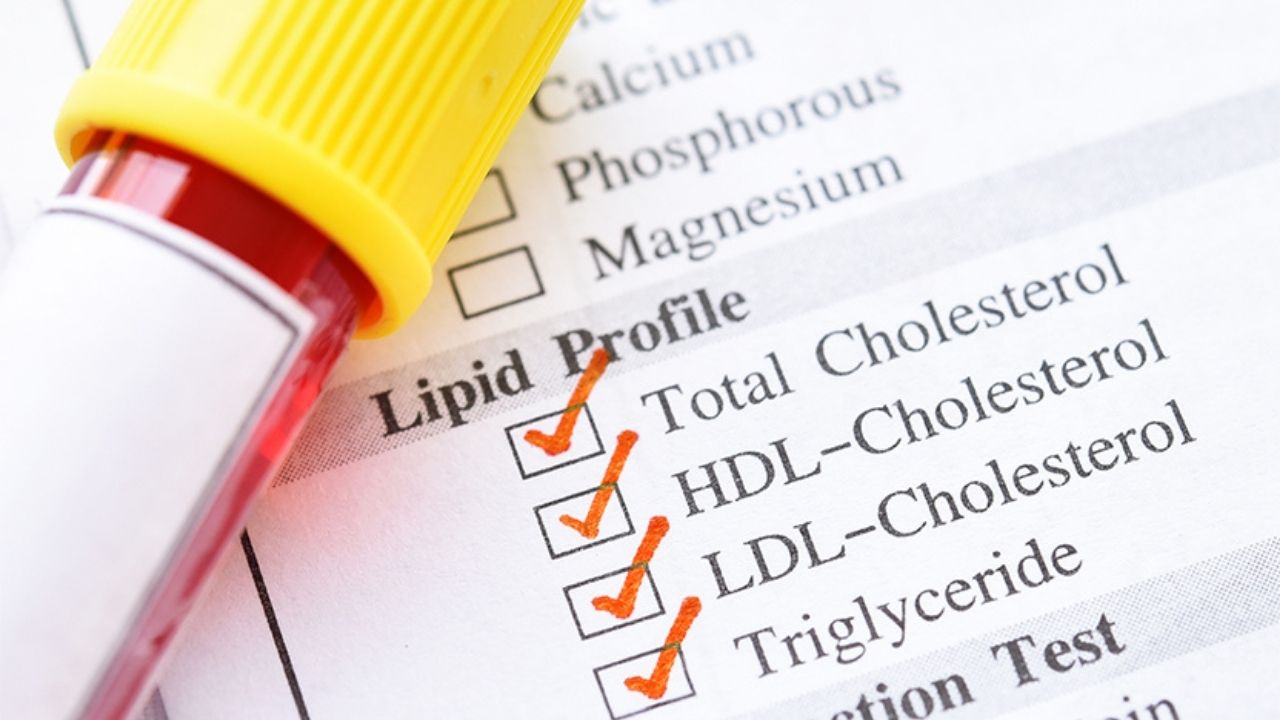CHANDIGARH
High cholesterol is a known risk factor for a variety of serious health issues, including heart disease and stroke. High cholesterol is sometimes referred to be a silent disease due to the absence of warning signals. Leaving your levels unnoticed, on the other hand, might jeopardize your cardiovascular health. Eye floaters might be a sign of excessive cholesterol in your blood.
Floaters are spots in your vision that resemble black or grey specks or cobwebs that float around as you move your eyes. Floaters (dark spots or lines in your vision) are a sign of retinal vein blockage. The retinal artery and vein carry blood to the retina, which is a light-sensitive tissue in the rear of the eye. A retinal vein occlusion occurs when the vein becomes occluded. Blood and fluid leak into the retina when a vein is occluded. When this happens, the macula (the central part of the retina) may swell. Your center vision is affected by the swelling. People with retinal vein blockage frequently have high cholesterol.
High cholesterol was twice as likely in patients with central retinal vein occlusion compared to people who did not have the eye ailment, according to a 2008 research. Changes in vision in one eye, fuzzy vision in one eye, and discomfort in the afflicted eye are all indications of retinal vein occlusion.
Some indications and symptoms can aid in the detection of floaters. Floaters come in a variety of forms, including thin lines, rings, cobwebs, and other irregular patterns. They can resemble threadlike threads that are knobby and virtually transparent. They might also seem like black specks or patches that move around when your eyes move. When you try to track these floaters, they disappear swiftly from view. Eye floaters are frequently seen on bright backdrops like screens, blue skies, or white walls. These floaters vary in intensity, size, and form from person to person.
You should see a doctor if you detect more eye floaters than normal, flashes of light in your eye, or blackness on either side of your vision. It’s crucial to remember that eye floaters aren’t always a sign of elevated cholesterol. Getting tested for high cholesterol is the most reliable approach to find out whether you have it.

 English
English






